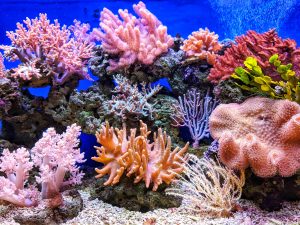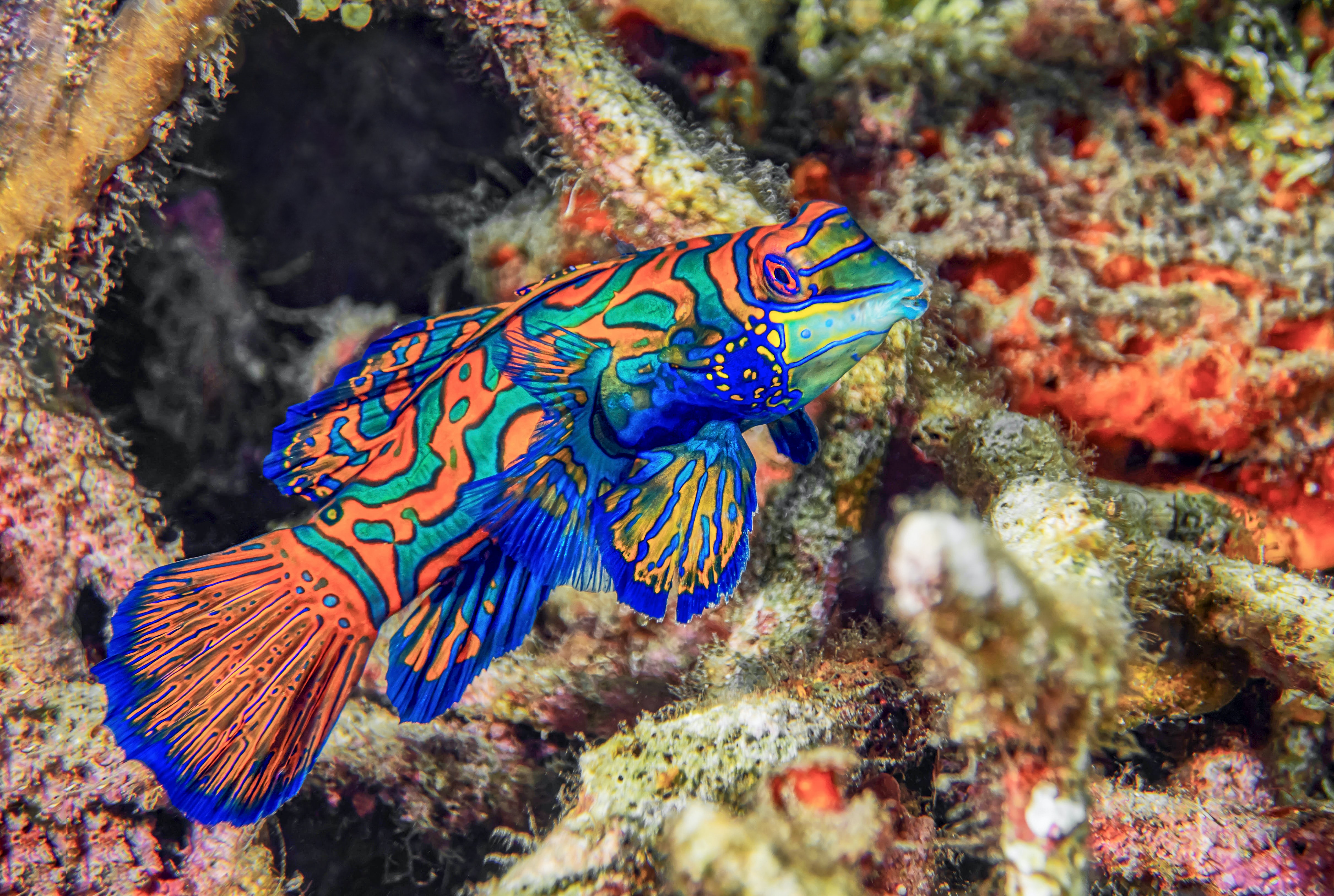There are lots of ways to help preserve the water. If you choose to be part of the solution, you will inspire other people around you to do the same.
We live in unprecedented times. With human activity driving global climate change, people who enjoy the outdoors need to seriously review how our activities impact the planet. For divers, this picture is clearer than it is for most. Whether it be inland waterways or in the ocean, divers see more of the impacts of pollution than other outdoor enthusiasts.
Much of the world’s pollution ends up in the water. This has devastating impacts on marine environments. While prevention is the key to avoiding further impacts, those of us going into these environments need to embrace proactive steps to help improve marine environments.
Here are a few ideas for your next trip:
- Keep it local
No matter where you live, there are waterways nearby to explore. By keeping your diving close to home, you will be reducing the amount of pollution you cause both in transportation to and from the dive site, as well as the impact your presence in a new location has on things like wastewater, food, and supply chain demand. Shipping and transportation are two of the largest carbon-emitting industries, so reducing your travel has compounding effects on global carbon emissions. - Pack it out, even if you didn’t pack it in
Plastic pollution is one of the most prevalent and impactful in marine environments. We’ve all seen pictures of turtles with beer-can rinds stitch to their necks or fish trapped in netting. While it isn’t any one person’s fault that we got to this place, there is always something individuals can do to live more sustainably. If you see plastic waste, do your best to pack it out with you. Obviously don’t do anything that would endanger your life, but if you plan to clean up while you’re out exploring, you can make your dive more meaningful. - Observe dry times, and make sure you have the right gear
The global pandemic has reminded us that we are all ecosystems. Microbes live in and on us and can transmit to different parts of the world if we don’t take the right precautions. Marine environments are no different. Microbes from one waterway may not be native to another, and so if we don’t take time to ensure our gear is cleaned and dried properly after every swim, we risk transmitting pathogens which might devastate the next marine ecosystem we explore. - Look but don’t touch

Coral reef in Vietnam; image by Q.U.I., via Unsplash.com. While it can be tempting for new divers to take souvenirs of their latest adventure, taking even so much as a stone out of an ecosystem can have widespread and deleterious effects on the species which call it home. This is even worse for corals, shells, or other organisms. Take pictures, leave bubbles, but whatever you do – don’t touch. Other keepsakes will ensure the next generation of divers don’t get to experience the beauty we all struggle to preserve.
- Help prevent water pollution, even on dry land
All water pollution is caused by human activity. Whether you are thinking of chemical pollution or plastics, all have their source on land. Limiting your own impacts by buying local, cutting seafood from your diet, supporting organic agricultural practices, or even just organizing shore-line cleanups in your own community; there are lots of ways to help preserve the water from the shore. If you choose to be part of the solution, you will inspire other people around you to do the same.


Join the conversation!